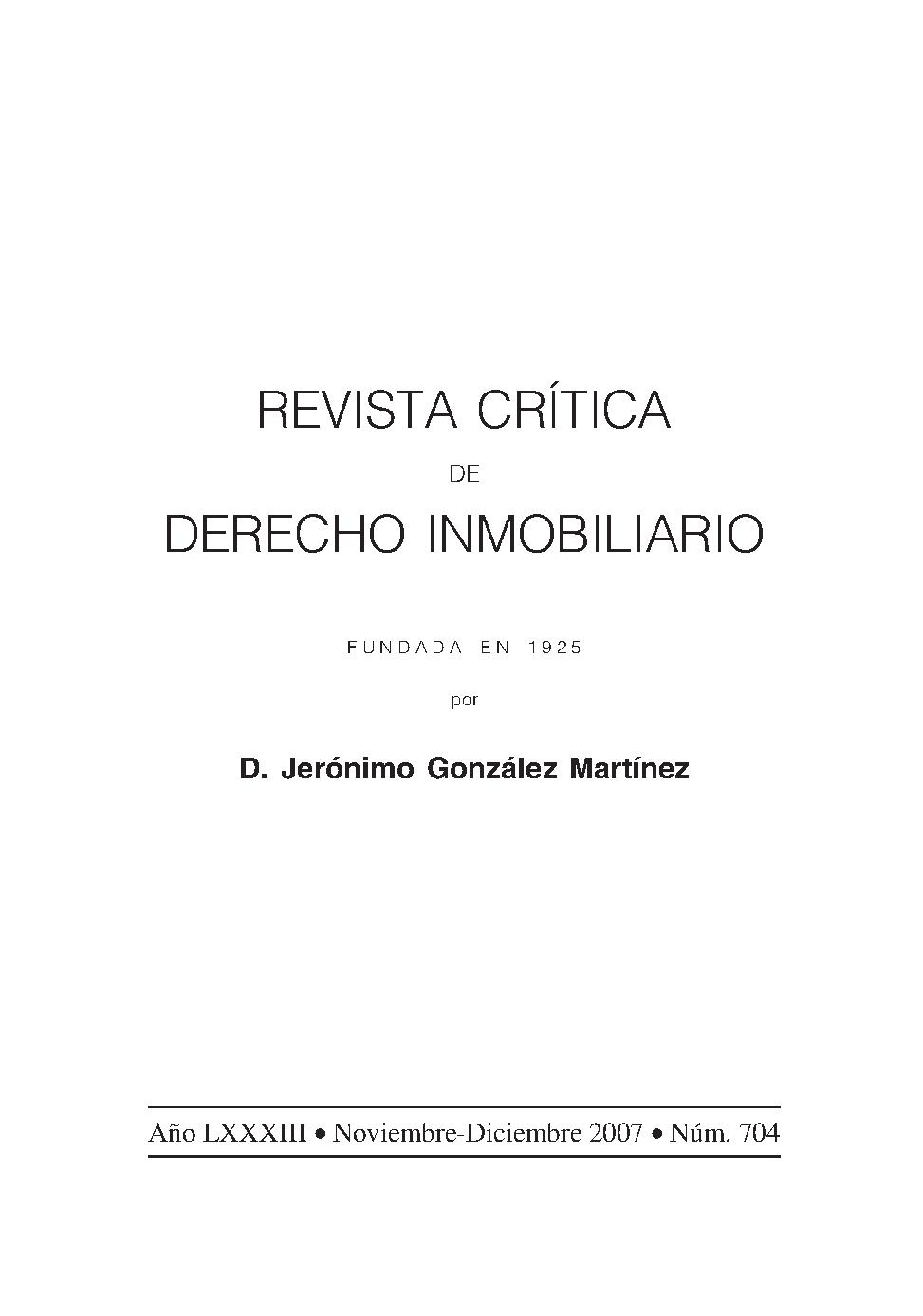LA EMPRESA FAMILIAR CREADA POR LOS CÓNYUGES EN RÉGIMEN DE SOCIEDAD DE GANANCIALES EN EL DERECHO ESPAÑOL. PERPLEJIDADES Y NECESIDAD DE ARMONIZACIÓN DEL DERECHO CIVIL Y LABORAL.
Keywords:
COMMUNITY PROPERTYAbstract
To discern between individually owned property and community property, article 1347.5 of the Spanish Civil Code states that enterprises and establishments founded during partnership by either or both spouses at the expenses of the spouses' common assets are community property. This rule takes on considerable significance under a great number of profiles and raises some questions that show civil legislation to be poorly coordinated with legislation in other sectors, such as labour law. If the enterprise created under article 1347.5 is a family business, it invites analysis of the article 1347.5 as compared to labour legislation, particularly article 1.3 of the Workers' Statute and article 7.2 and Additional Provision 27 of the State Social Security Act, which establish the presumption that the worker is not working as an employee and thus require a certain range of family members, in addition to the spouse, to register as self-employed workers. What relationship is there between these presumptions and the freedom of stipulation of contracts between spouses given in article 1323 of the Civil Code, particularly the stipulation of a contract for subordinate work? What relationship is there between these presumptions and the joint management of community pro perty established by article 1375 of the Civil Code? The question is complicated by the absence of an objective definition of the term «enterprise» in the Civil Code and the Code of Commerce and by the fact that there is no legal definition of «family business» in Spanish legislation, either. This investigation endeavours to underline some of the possible incongruities and at the same time seeks to offer a possible legal solution for the harmonisation of Spanish law.









